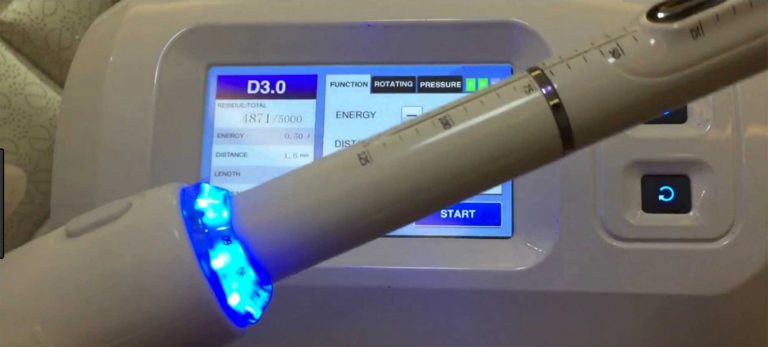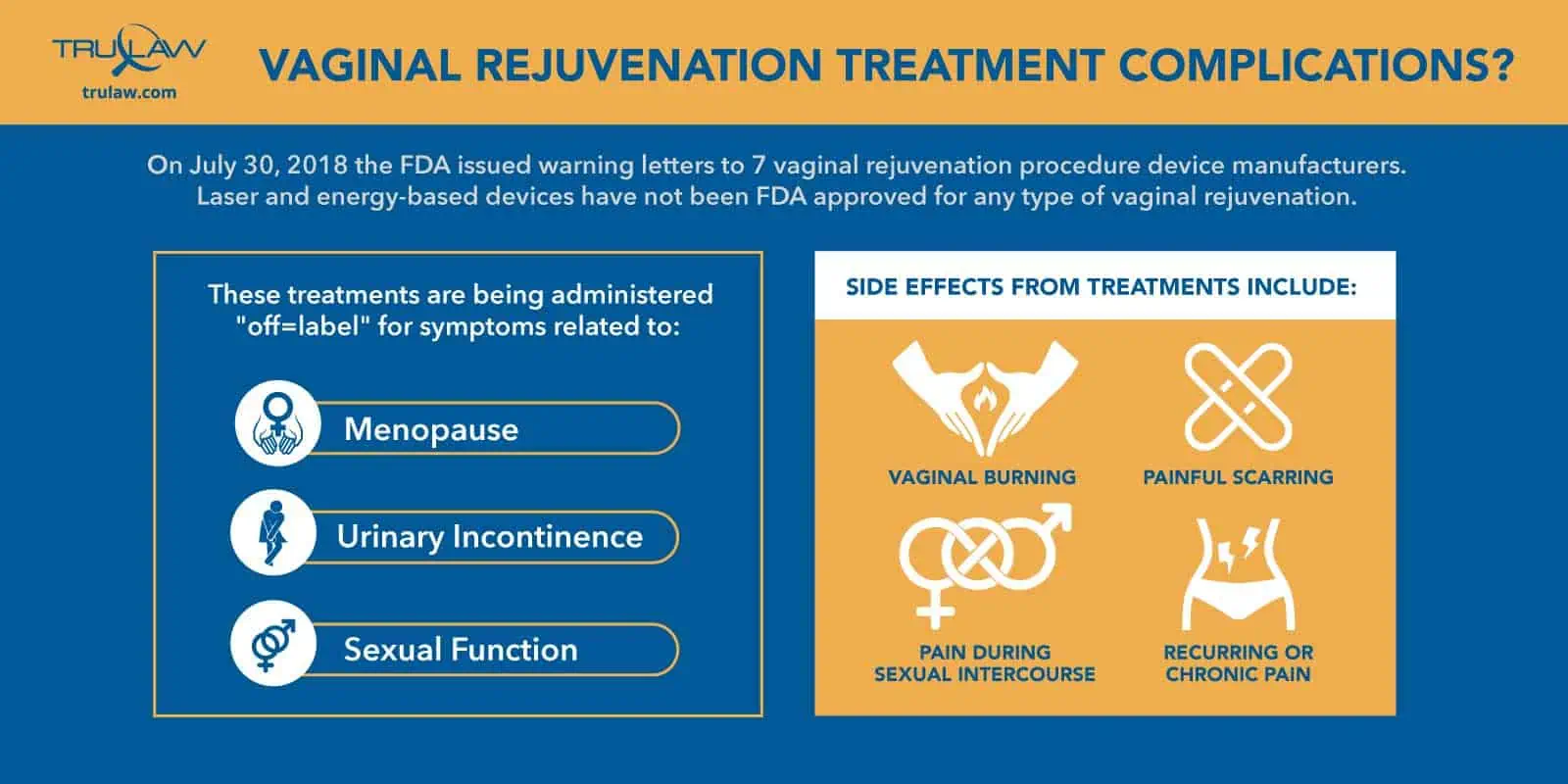Vaginal rejuvenation is a term that covers essentially anything that alters the vaginal anatomy.
This includes both internal and external structures.
The procedure in question is one in which energy-based devices (i.e. lasers), using thermal or nonthermal energy, aim to correct and restore the optimal structure and tightness of the vagina and surrounding tissues by inducing contraction of collagen and elastin.
These are outpatient procedures, do not require anesthesia, and take 15 – 30 minutes.
There are generally three treatments spaced 6 weeks apart.
There is a more invasive rejuvenation procedure known as vaginoplasty or posterior colporrhaphy, where the separate muscles of the vagina are brought together and the extra mucosa skin from the back side is removed.
If there is external skin protruding, this can be removed so the vagina looks better aesthetically.
This procedure does require either local or general anesthesia.
Dr. Adeeti Gupta, a board-certified gynecologist based in New York, has talked about the procedures and said:
“These don’t actually make your vagina ‘tighter’ per se. Instead, the laser procedure causes your below-the-belt tissue to become inflamed, creating scar tissue. This can look like a tightening of the vaginal canal.”











